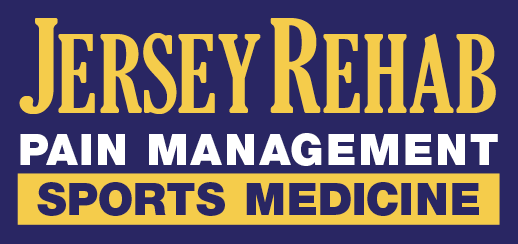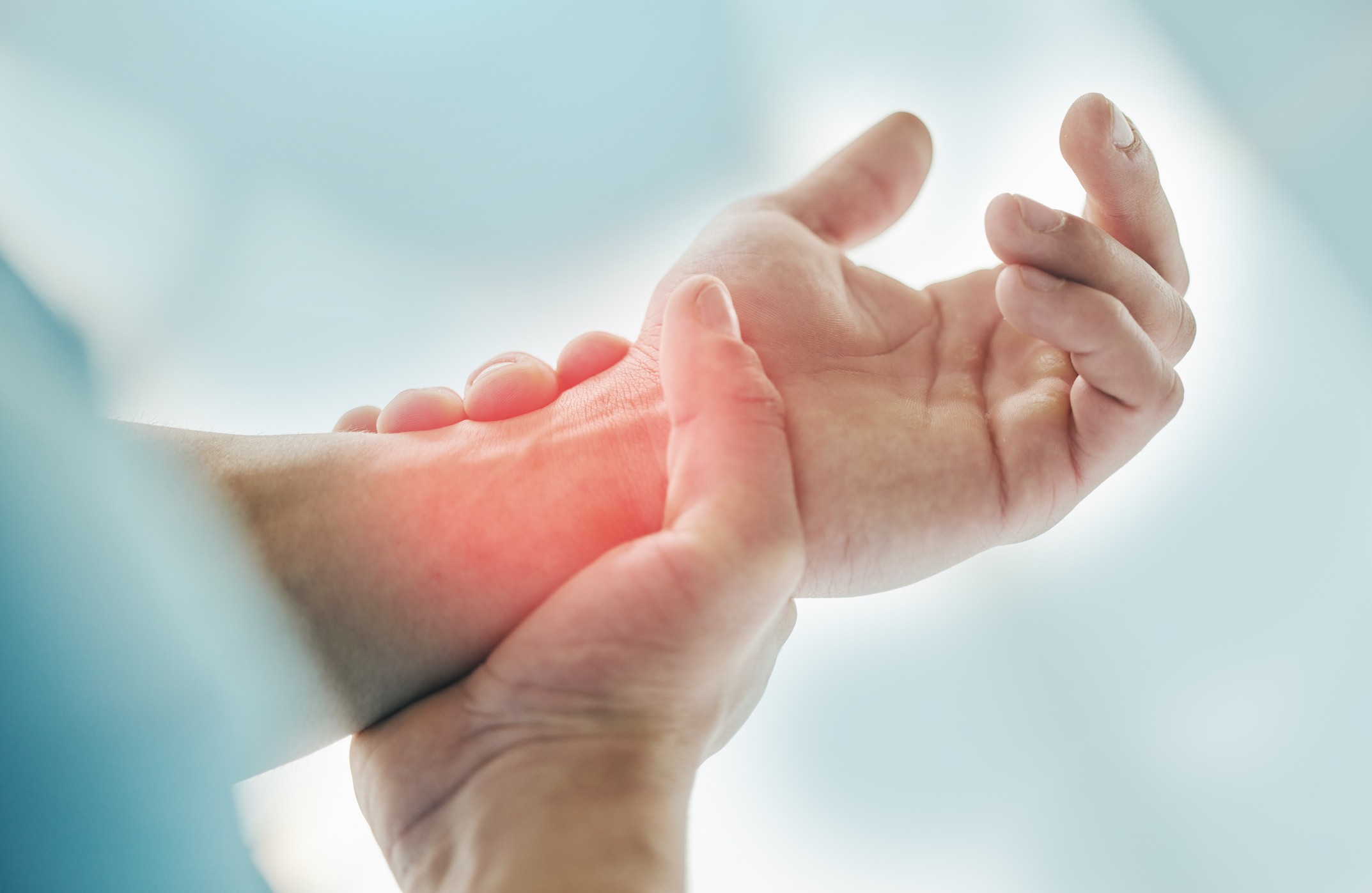Joint Pain Journey: Living with Arthritis and Finding Relief
Arthritis is a condition characterized by inflammation of the joints, leading to pain, stiffness, and reduced mobility. It affects millions of people worldwide, impacting their quality of life and ability to perform everyday activities. While there is no cure for arthritis, there are ways to manage the symptoms and improve one’s quality of life. This blog will explore the journey of living with arthritis and provide insights into finding relief.
Understanding Arthritis
Arthritis is not a single disease but a term that encompasses over 100 different types of joint diseases and conditions. The most common types are osteoarthritis (OA) and rheumatoid arthritis (RA).
- Osteoarthritis (OA): This is the most prevalent form of arthritis, typically affecting older adults. OA occurs when the cartilage that cushions the ends of bones in the joints deteriorates over time, causing bones to rub against each other. This leads to pain, swelling, and stiffness.
- Rheumatoid Arthritis (RA): RA is an autoimmune disorder where the body’s immune system attacks the lining of the joints, causing inflammation. This can result in joint damage and deformity over time. RA can affect people of all ages and is often accompanied by other symptoms like fatigue and fever.
The Daily Struggle with Arthritis
Living with arthritis presents daily challenges. Simple tasks such as walking, climbing stairs, or even opening a jar can become difficult. The pain and stiffness can be unpredictable, varying in intensity from day to day. This unpredictability can lead to frustration and emotional distress.
- Morning Stiffness: Many people with arthritis experience increased stiffness in the morning. This stiffness can last from a few minutes to several hours, making it challenging to start the day.
- Fatigue: Chronic pain and inflammation can lead to fatigue. This can be exacerbated by the body’s immune response, particularly in autoimmune types of arthritis like RA. Fatigue can affect one’s ability to work, socialize, and perform daily activities.
- Emotional Impact: The chronic nature of arthritis can lead to feelings of isolation, depression, and anxiety. It’s important for those living with arthritis to have a strong support system and to seek professional help if needed.
Finding Relief: Treatment and Management
While there is no cure for arthritis, various treatments and lifestyle changes can help manage symptoms and improve quality of life. Here are some strategies to consider:
Medications:
- Pain Relievers: Over-the-counter pain relievers such as acetaminophen and nonsteroidal anti-inflammatory drugs (NSAIDs) can help reduce pain and inflammation. For more severe pain, doctors may prescribe stronger medications.
- Disease-Modifying Antirheumatic Drugs (DMARDs): These are often used to treat RA and other inflammatory types of arthritis. DMARDs can slow the progression of the disease and prevent joint damage.
- Biologics: These are a newer class of DMARDs that target specific parts of the immune system. They can be highly effective for some people with RA.
Physical Therapy:
Physical therapy can help improve joint function, increase strength, and reduce pain. A physical therapist can design a personalized exercise program that includes range-of-motion exercises, strengthening exercises, and aerobic activities.
Lifestyle Changes:
- Exercise: Regular physical activity can help maintain joint function, reduce stiffness, and improve overall health. Low-impact exercises such as swimming, walking, and cycling are particularly beneficial.
- Healthy Diet: A balanced diet rich in fruits, vegetables, whole grains, lean proteins, and healthy fats can help manage inflammation and support overall health. Some people find that certain foods, such as those rich in omega-3 fatty acids, can help reduce arthritis symptoms.
- Weight Management: Maintaining a healthy weight can reduce stress on the joints, particularly the weight-bearing joints like the knees and hips.
Alternative Therapies:
- Acupuncture: Some people find relief from arthritis symptoms through acupuncture, a traditional Chinese medicine practice that involves inserting thin needles into specific points on the body.
- Massage Therapy: Regular massages can help reduce pain and improve joint function.
- Supplements: Some supplements, such as glucosamine and chondroitin, may help reduce arthritis symptoms. However, it’s important to consult with a healthcare provider before starting any new supplement.
Assistive Devices:
Using assistive devices such as canes, splints, and braces can help reduce strain on the joints and improve mobility. Occupational therapists can recommend devices that are best suited to an individual’s needs.
The Importance of Support
Living with arthritis can be challenging, but having a strong support system can make a significant difference. Support groups, whether in-person or online, can provide a sense of community and shared understanding. Friends and family can offer emotional support and practical help with daily tasks.
Conclusion: Your Path to Relief
Arthritis is a lifelong journey that requires ongoing management and adaptation. By understanding the condition, exploring treatment options, and making positive lifestyle changes, it is possible to live a fulfilling life despite arthritis.
If you’re struggling with arthritis and looking for personalized care and support, consider reaching out to Jersey Rehab. Our team of experienced professionals are dedicated to helping you manage your symptoms and improve your quality of life. Visit Jersey Rehab to learn more about our services and schedule an appointment today. Your journey to relief starts here.

